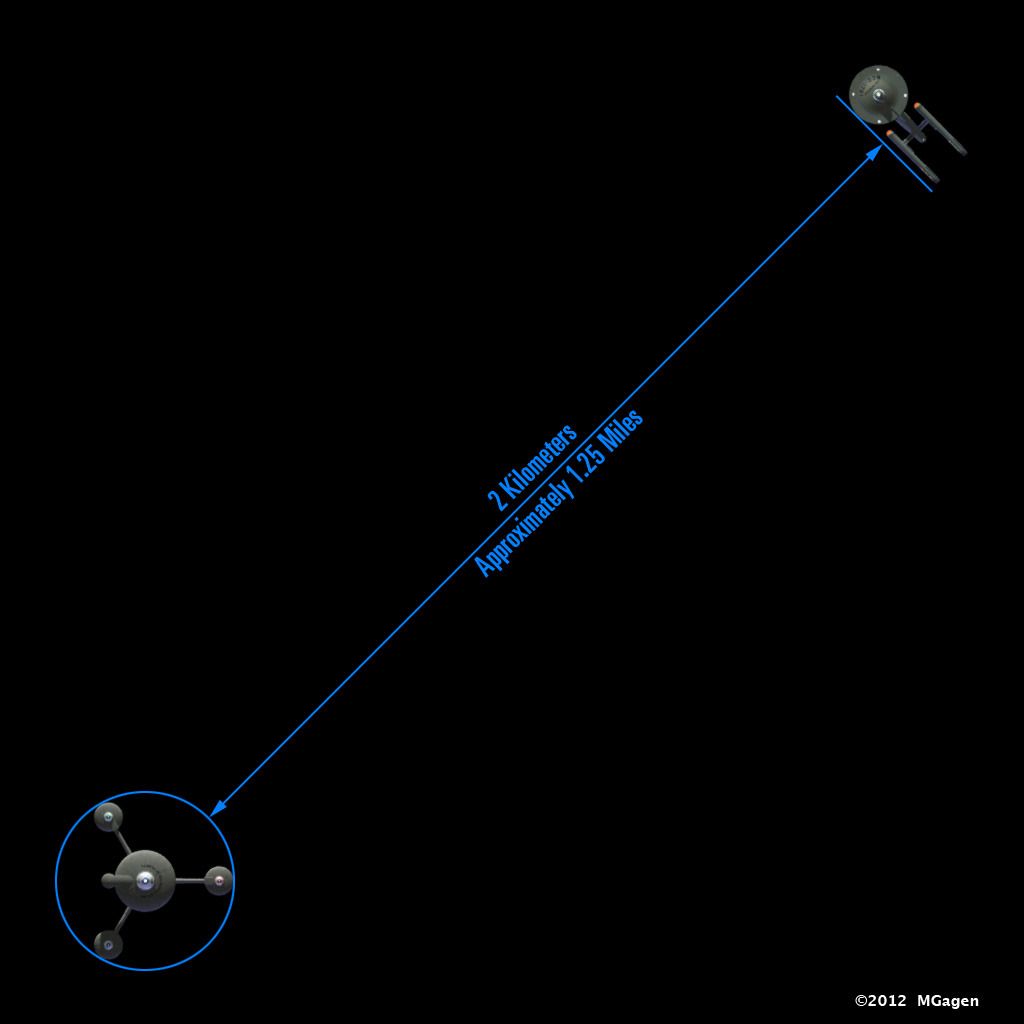One thing I find striking about "Trials and Tribble-ations" is how much the physical models looked like CGI in the finished episode.
This is hard to describe accurately, but the 11-footer always looked indisputably physical, and we all know that lesser-quality CGI work (including some Enterprise scenes in TOS-R) don't quite convince. And weirdly, the "Trials" miniature shots look like CGI. Maybe the fx footage was "touched up" on computer before being incorporated into the DS9 episode.
I thought the whole episode had a sheen of fake on it, even the live action scenes didn't look right, and the background music was really bad, and I mean like Spock telling Norman how bad the pretty flowers smelled bad. And while believablity was never a strong suit in Star Trek, that episode takes believablity and beats it to death and buries it in a shallow grave.
I agree completely, but that is the "Berman touch" for you.
For example, Berman disliked all of that exciting and dynamic TOS music which is why he elected to use a droning, ambiguous Trek MUZAK which certainly made sure not to offend (or interest) anyone with any originality or creativity. Conversely, for TOS, Roddenberry reportedly told Courage
"Make it sound like Captain Blood" (Great reference by the way on Spock telling Norman about the flowers!)
Another thing that adds to the fakery you refer to is that Berman never utilized any of the wonderful cinematic techniques which created the look of TOS. Cinematography is VITAL in film. It conveys emotional perspective. Berman employed mostly medium shots, and squeaky clean effects visuals. Mix that up with some flat 2 dimensional characters motivated by whiny, self obsessed, 1980's style storylines and you have Berman Trek. It was a different generation. Most of the guys who worked on TOS had been to war and were living in a turbulent, fascinating, ultra creative time in history compared to the 1980's generation. The "me" decade. Speaking of those guys, I remember one of the producers of the original Planet of the Apes pointing out that you when you do science fiction you can't introduce too many science fiction ideas at once or you will destroy believability. Following that, and your comment, I submit that TOS was so successful because it grounded itself in all of those aforementioned techniques. Music, cinematography, and riveting stories. All of those factors made the viewer invest emotionally which encouraged believability and distracted them from any ludicrous science fiction that may have been going on. Therefore, it acheived a wonderful balance.
Wow, that felt good. Thanks guys!









